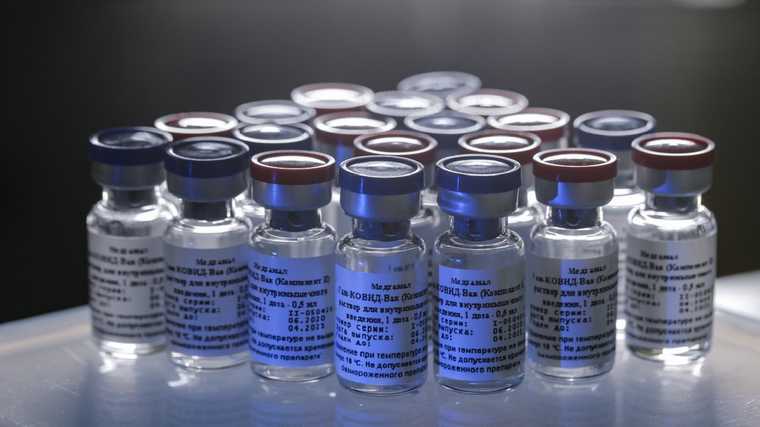By: P.T., STA
There are more than a dozen potential vaccines on the market and hundreds more are still in the experimental stage, according to Dr. Piotr Rzymski, professor at the Poznan University of Medical Sciences. When it comes to vaccines, the expert recommends that countries should diversify.
Several vaccines are competing for recognition across the globe in a bid to offer the right solution against the coronavirus, but Dr. Piotr Rzymski believes it would be early to choose only one at this stage of the race.
The expert points out that Chinese researchers had published the full genome of the virus on 10 January, sparking a fierce global competition to develop a vaccine. Vaccines are tested in four phases. First, researchers are testing the immune response as well as the body’s responses on healthy volunteers. In the second phase they study the vaccine’s efficiency at minimum doseage on a small group of adults to evaluate its safety and measure the immune response it generates. In the third phase of the clinical trials tens of thousands of people are tested for protection against a pathogen, while in the last phase researchers examine the vaccine’s long-term efficacy.
There are currently around a dozen vaccines in the third phase, Rzymski says, adding that hundreds of “candidates” are still waiting for the results, which makes the expert believe that “It would be short-sighted to opt for only one vaccine.”
Dr. Rzymski adds that so far Pfizer’s vaccine has been declared a winner in the media, but the competition is far from over and there are new reports on effective vaccines each day. Although Pfizer announced on Wednesday that its research had entered the final phase and the results appear to yield a 95% efficiency, Moderna also reported similar results with 94.5 per cent on Tuesday. Reports concerning AstraZeneca’s new vaccine are also promising and, according to the professor, “third-round studies show that it could be even more effective than Pfizer.”
The expert also pointed out that those who currently have a competitive edge over others may not necessarily be the eventual winners, so it is extremely important that countries contact as many pharmaceutical companies as possible.

